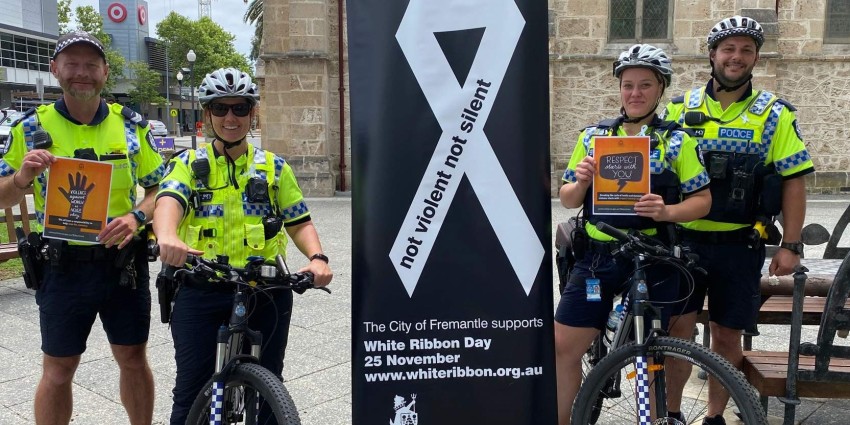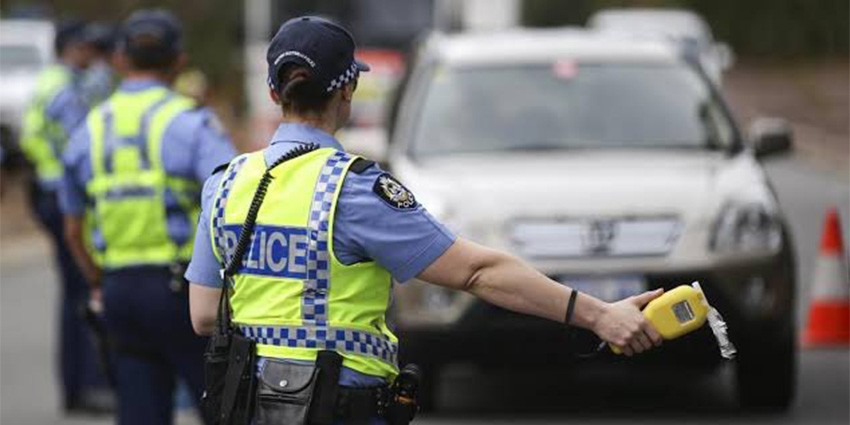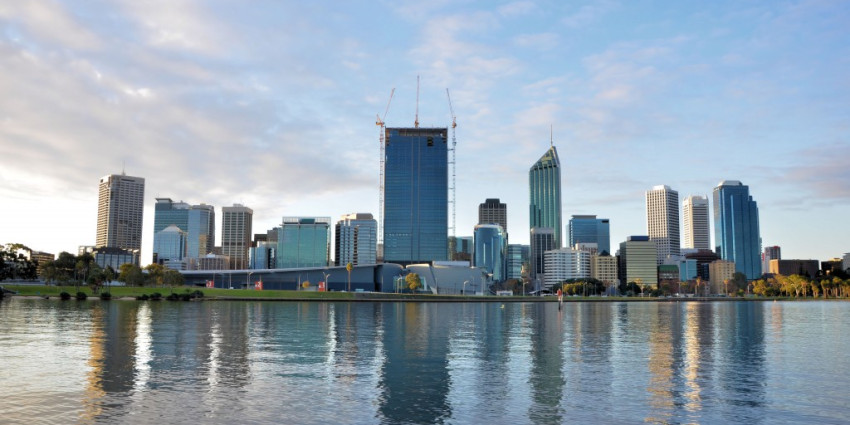If you are concerned about someone's welfare, they need the right care from the right person.
Police attendance is not always necessary as the first point of contact and can impact on the prevention, detection and investigation of crime in the wider community.
Call 000 for police assistance immediately if the person of concern is involved in any of these life-threatening situations:
- there is evidence of an imminent risk of serious harm or death
- a criminal offence (including family violence) is alleged or likely to have occurred
- a child is at risk of serious harm
- the individual is reasonably suspected to be deceased.
Police will only carry out a welfare check for the above reasons.
Police intervention is generally limited to emergency situations. Unless there is a serious and imminent risk of harm, involvement in a criminal offence, a child at risk of serious harm, or reasonable suspicion that a person is deceased, police attendance is unlikely.
If urgent medical help is required, call 000.
Activate friends and family network
Before contacting police, consider if it’s an emergency situation. If it’s a non-emergency you can help the person by:
- visiting their usual place of residence – if you are unable to go in person, contact a friend, family member or neighbour and ask them to check in on them
- checking social media – look at recent activity on platforms like Facebook, Instagram or X. Check if they have posted updates, shared photos or interacted with others. This might give you clues about their whereabouts or wellbeing
- reaching out directly via messaging – send them a direct message via mobile or social media, expressing your concern. Keep the message simple and non-confrontational, just letting them know you are worried and asking if they are okay
- posting a public message (if appropriate) - make sure it is respectful of their privacy and situation, but this channel may reach the individual and also mutual connections that may be able to support you
- reaching out to mutual connections – if you cannot contact them directly, reach out to friends, family members, neighbours and acquaintances to see if they have heard from them or know where they may be
- checking with their place of employment/work colleagues – understand when they last had contact with the person or if they had any concerns or information that may be of assistance.
If you are unable to check the person of concern, you could also try asking a friend or family member to check on your behalf. The key is to use your network.
Missing person
If you do not think someone is in immediate danger but are concerned they are missing, please visit the report a missing person page for more information.
Non-emergency support services
There are a range of other support service available for non-emergencies that may be best for the first point of contact:














